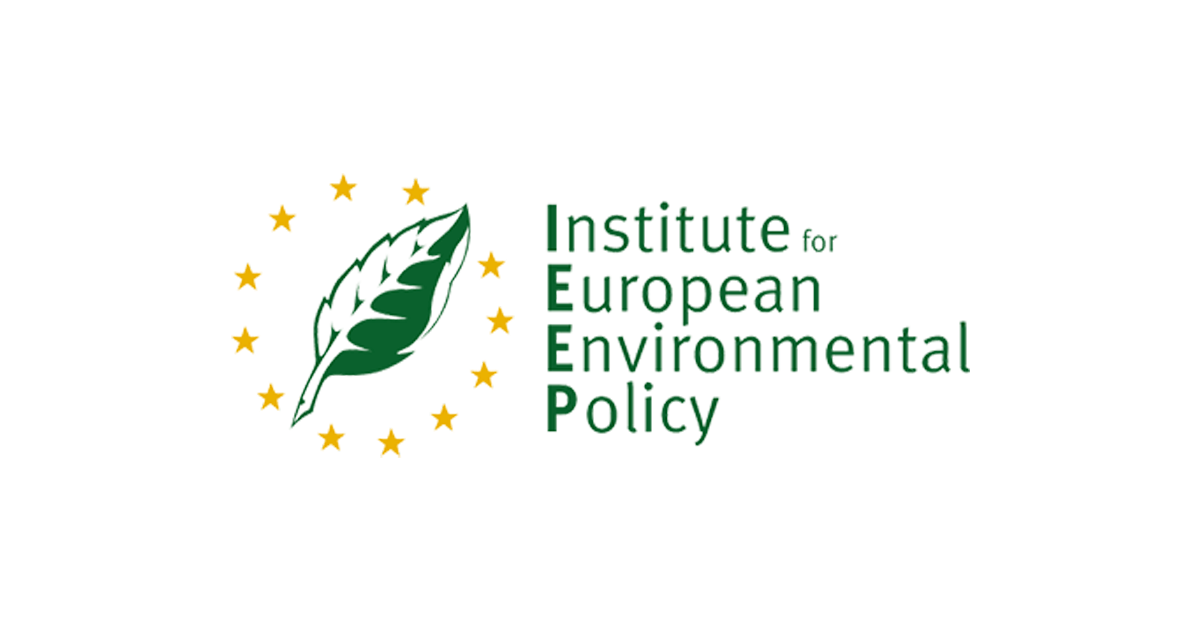AUTHORS: Marianne Kettunen-Petteri Vihervaara-Saara Kinnunen-Dalia D’Amato-Tomas Badura-Melanie Argimon-Patrick ten Brink
Following in the footsteps of the global The Economic of Ecosystems and Biodiversity (TEEB) initiative, the Nordic Council of Ministers (NCM) and the NCM Finnish Presidency decided in 2011 to initiate a TEEB inspired synthesis in the Nordic context (TEEB Nordic). The aim of this synthesis was to bring together existing information on the socio-economic role and significance of nature in the Nordic countries (i.e. Denmark, Finland, Iceland, Norway and Sweden).
The synthesis of existing information carried out in the context of TEEB Nordic shows that nature and its ecosystem services are of high socio-economic significance for the Nordic countries, whether that is based on their market value or estimated value for the broader public. Natural capital (biodiversity, ecosystems and related services) underpins socio-economic well-being in the Nordic countries, but it is also clear from the existing evidence base that several of these ecosystem services including, for example, marine fisheries, water purification and pollination, have been seriously degraded and several others, such as carbon storage, are facing serious risks.
Building on TEEB Nordic’s synthesis and insights Nordic policy and decision-makers at national, regional and local levels can now show leadership and foresight in their actions to support truly ‘green’ green economies in the Nordic countries. The policy response should not be limited to environmental policies, but should also be mainstreamed into key sectoral policies such as fisheries, agriculture, forestry, climate and energy, transport and tourism. Furthermore, action is needed at all levels of governance and across all key sectors in order to also harness the energy of markets, business, citizens and communities.

